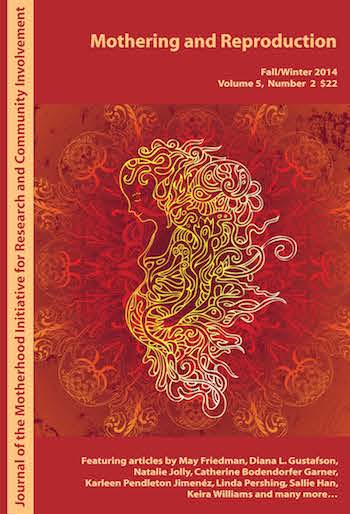The Chemical Pregnancy: Technology, Mothering, and the Making of a Reproductive Experience
Abstract
This paper examines the significance of the chemical pregnancy as a new reproductiveexperience in the United States today. Early pregnancy testing initiallydetects the presence of hcg, the so-called pregnancy hormone, but later testing thengives negative results or there are other signs that the pregnancy is not developing.What a woman might have described as a “late” period becomes recognized as anearly miscarriage or a chemical pregnancy. Building on feminist scholarship inanthropology, sociology, and science and technology studies, the chemical pregnancyis discussed in terms of the contradictions and complications of technology, reproduction,and mothering. The chemical pregnancy initially comes into view as anatural, not-new experience that technology apparently has rendered knowable.Yet, on closer examination, it is evident that the chemical pregnancy is a cultural“fix” for the uncertainties that women face at an historical moment when there islittle tolerance for the ambiguities and ambivalences that surround pregnancies.The chemical pregnancy is discussed as an experience of and metaphor for disruptedreproduction and disrupted mothering. The opportunities that reproductive technologiesseem to offer are not always available or accessible; at the same time, theybecome new responsibilities for mothers.Downloads
How to Cite
Issue
Section
License
All intellectual property in relation to material included on this site belongs to the Motherhood Initiative for Research and Community Involvement (MIRCI). All material on this site is protected by Canadian and international copyright and other intellectual property laws. Users may not do anything which interferes with or breaches those laws or the intellectual property rights in the material. All materials on the Motherhood Initiative for Research and Community Involvement (MIRCI) are copyrighted and all rights are reserved. Any reproduction, modification, publication, transmission, transfer, sale, distribution, display or exploitation of the information, in any form or by any means, or its storage in a retrieval system, whether in whole or in part, without the express written permission of the Motherhood Initiative for Research and Community Involvement (MIRCI) is prohibited. Please contact us for permission to reproduce any of our materials. This site may include third party content which is subject to that third party's terms and conditions of use.


